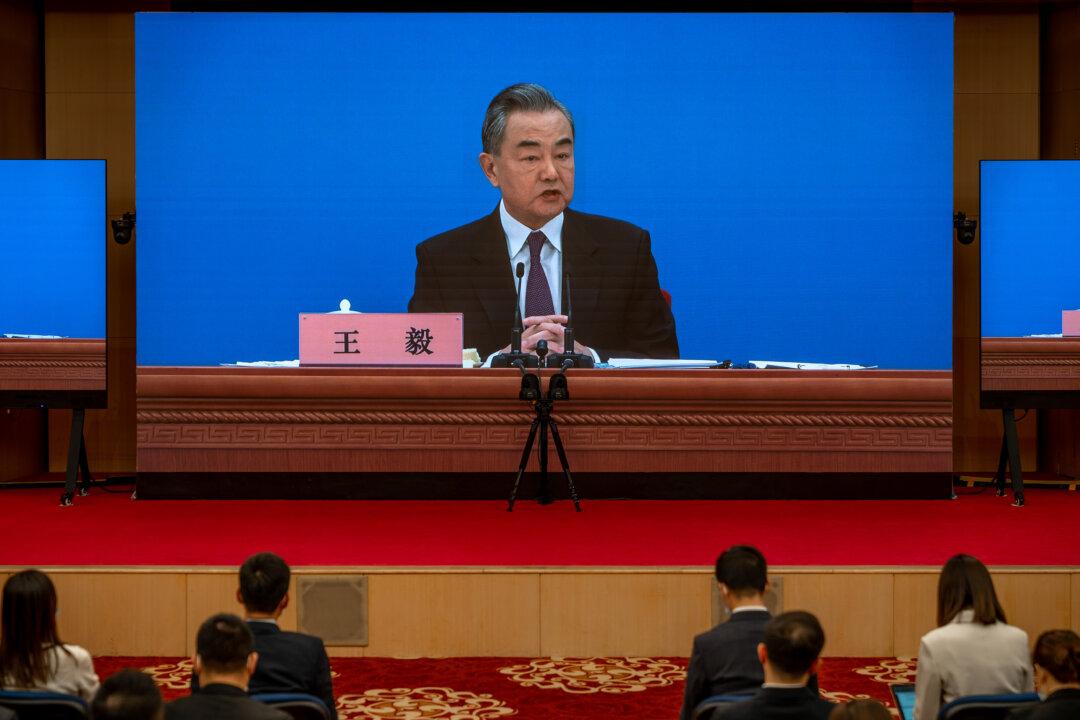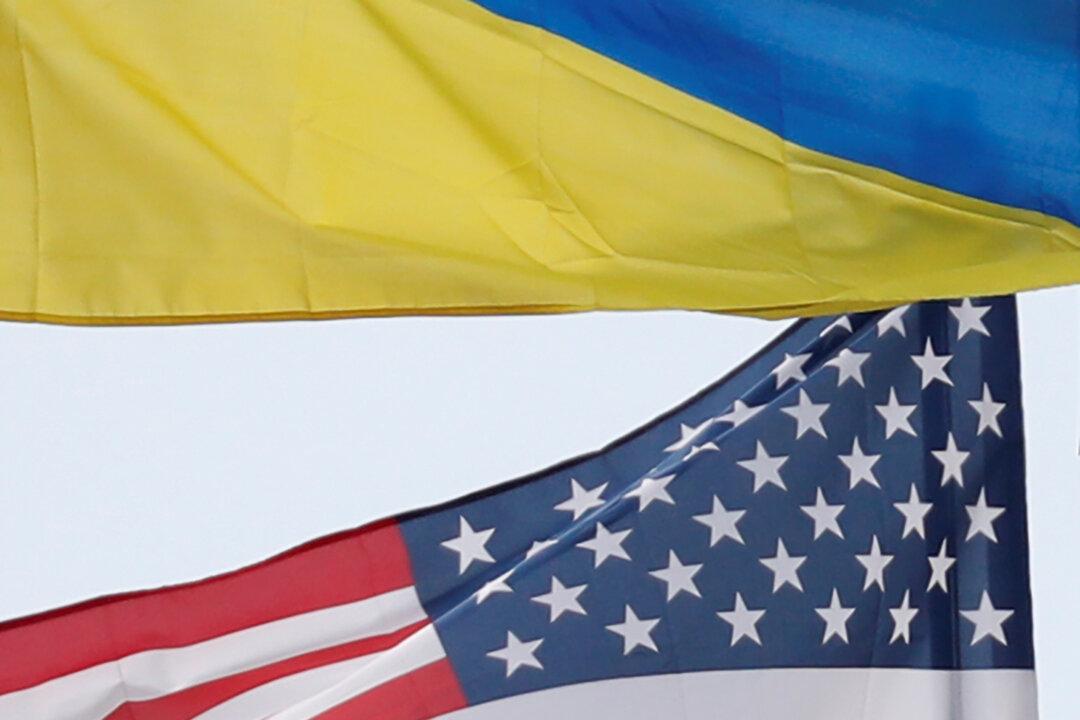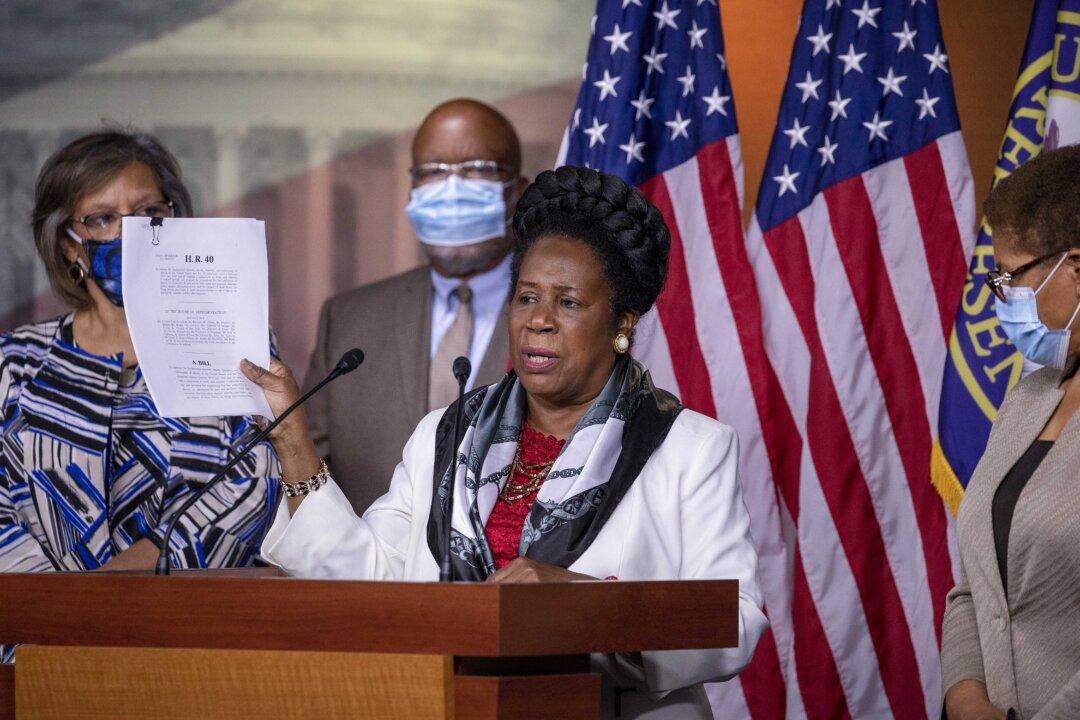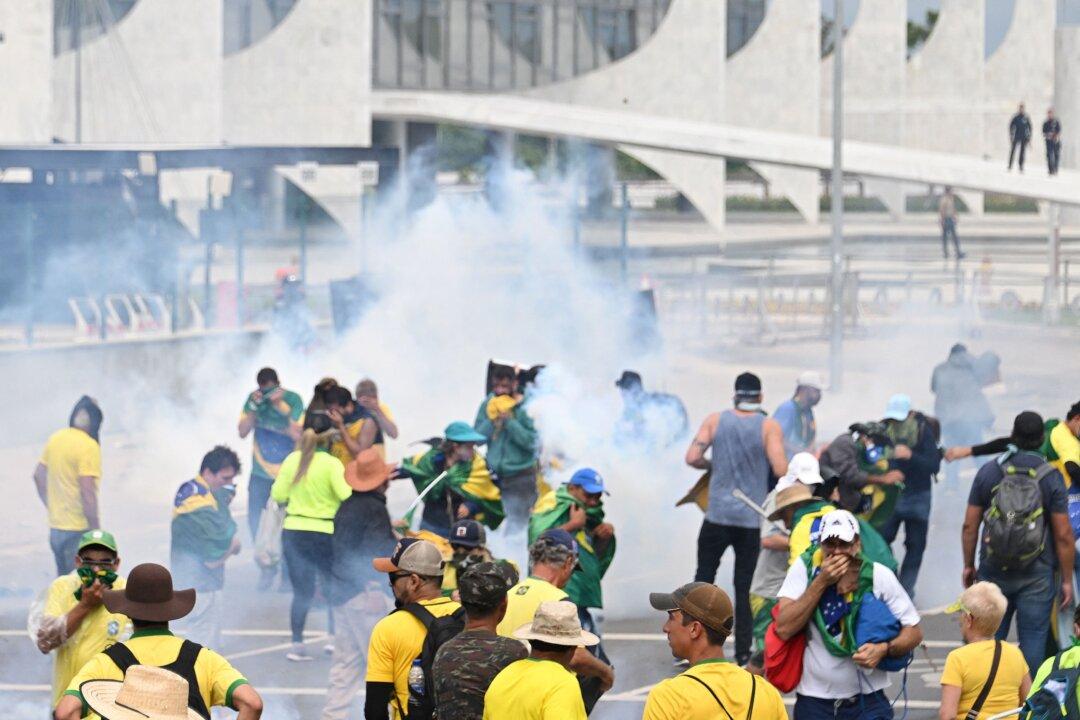News Analysis
A recent video press conference featuring Chinese Communist Party (CCP) State Councilor and Foreign Minister Wang Yi took place on March 7. The government official sat down with both Chinese and foreign media representatives to answer questions about China’s approach to international relations, especially given the escalating situation in Ukraine.





